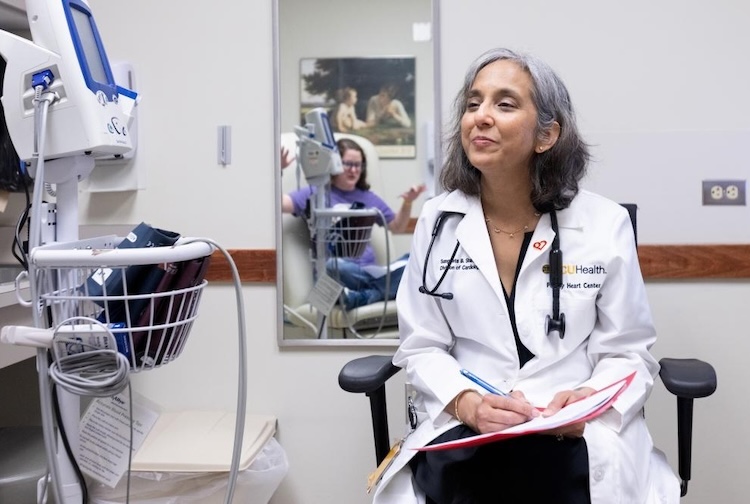Respiratory illness season: When to go to the ER and when to treat symptoms at home
November 09, 2022 Getty Images
Getty Images
Respiratory illness season started early this yearand emergency rooms are seeing a flood of sick kids. Many have been diagnosed with respiratory syncytial virus (RSV), which national health experts say is the most common cause of bronchiolitis (an inflammation of the small airways in the lungs) or pneumonia (an infection of the lungs) in children under 1 years old.
The good news is that many of these children can be treated outside of the ER with care at home or through a virtual or in-person visit with a primary or urgent care provider.
The following tips were put together by VCU Health team members at the Children's Hospital of Richmond at VCU.
Caring for your child's mild respiratory symptoms at home
Generally, if your child is experiencing mild cold-like symptoms, we recommend care at home before coming to the ER. Care at home can include:
- Rest
- Fluids (try Pedialyte popsicles or warm broth for kids who might not be interested in drinking)
- Tylenol/Ibuprofen
- Humidifier
- Nasal suction or saline
- A little extra TLC!
When to call your primary care provider or visit urgent care
Contact your pediatrician or visit urgent care if your child:
- Has a high fever (above 100.4) and is under 3 months of age
- Starts to show signs of dehydration (not peeing regularly)
- Has a cough that gets worse or causes trouble breathing
- Uncharacteristically refuses to eat/drink/breastfeed/bottle-feed
Take your child to the ER if they are experiencing any of the following serious symptoms:
- Heavy breathing where the ribs are easily seen
- Fast breathing that makes eating/drinking difficult
- Blue color around lips and face
- Vomiting all food and drink
- Dehydration/no pee (less than 3 wet diapers or bathroom trips/day)
- Excessive irritability or sleepiness
Please do not bring your child to the ER for:
- School or work absence or return to school/work notes
- Mild symptoms, but you'd like to test and identify the virus or prove the illness has resolved
NOTE: You know your child best! If you have concerns or questions, contact your child's primary care provider. In case of emergency, call 911 or go to the nearest emergency room.
What can you do to keep your family healthy?
- Wash your hands thoroughly throughout the day
- Ensure your children are up to date on childhood immunizations as well as influenza and COVID vaccines
- Wear a mask (for children 2 and older) when indoors
- Avoid large crowds




